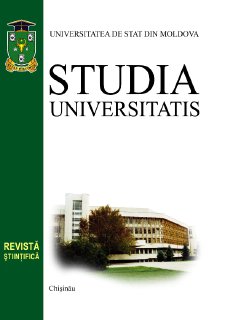THE ANALYSIS OF THE DYNAMIC EVOLUTION OF REMITTANCES IN MOLDOVA AND ITS ROLE IN FORMATION OF MONEY SUPPLY
Elena NIREAN*, Boris COREŢCHI *Universitatea Agrară de Stat din Moldova Universitatea de Stat din Moldova
Abstract
Remittances are one of the most studied aspects of migration in Moldova and have an important role in boosting domestic demand, but their high level and low investments are factors that determine a high degree of vulnerability of the economy. The current reduction in remittances in terms of investment failure will immediately affect consumption and GDP growth, which already is observed. Moreover, remittances lead to currency depreciation, conditioning more expensive exports from Moldova. The first signs of decreasing remittances have led to currency depreciation. So remittances influence monetary policy as a result of growth of money supply, increased demand and intensifying inflationary risks. The national economy remains dependent on remittances from citizens working abroad and this dependence starts to wear on an even more alarming feature because remittances volume is declining due to the effects of regional-economic and financial crisis. This means that the national economy is facing major problems and to solve them is necessary to lead urgent and sustainable measures. Keywords: money supply, remittances, money transfers, currency exchange rate.


